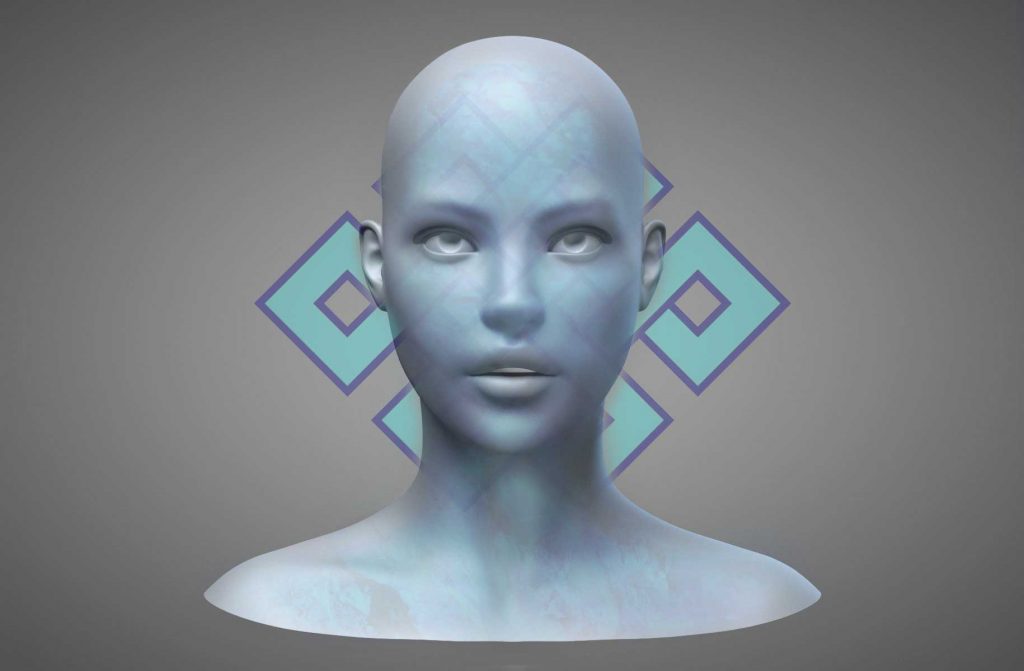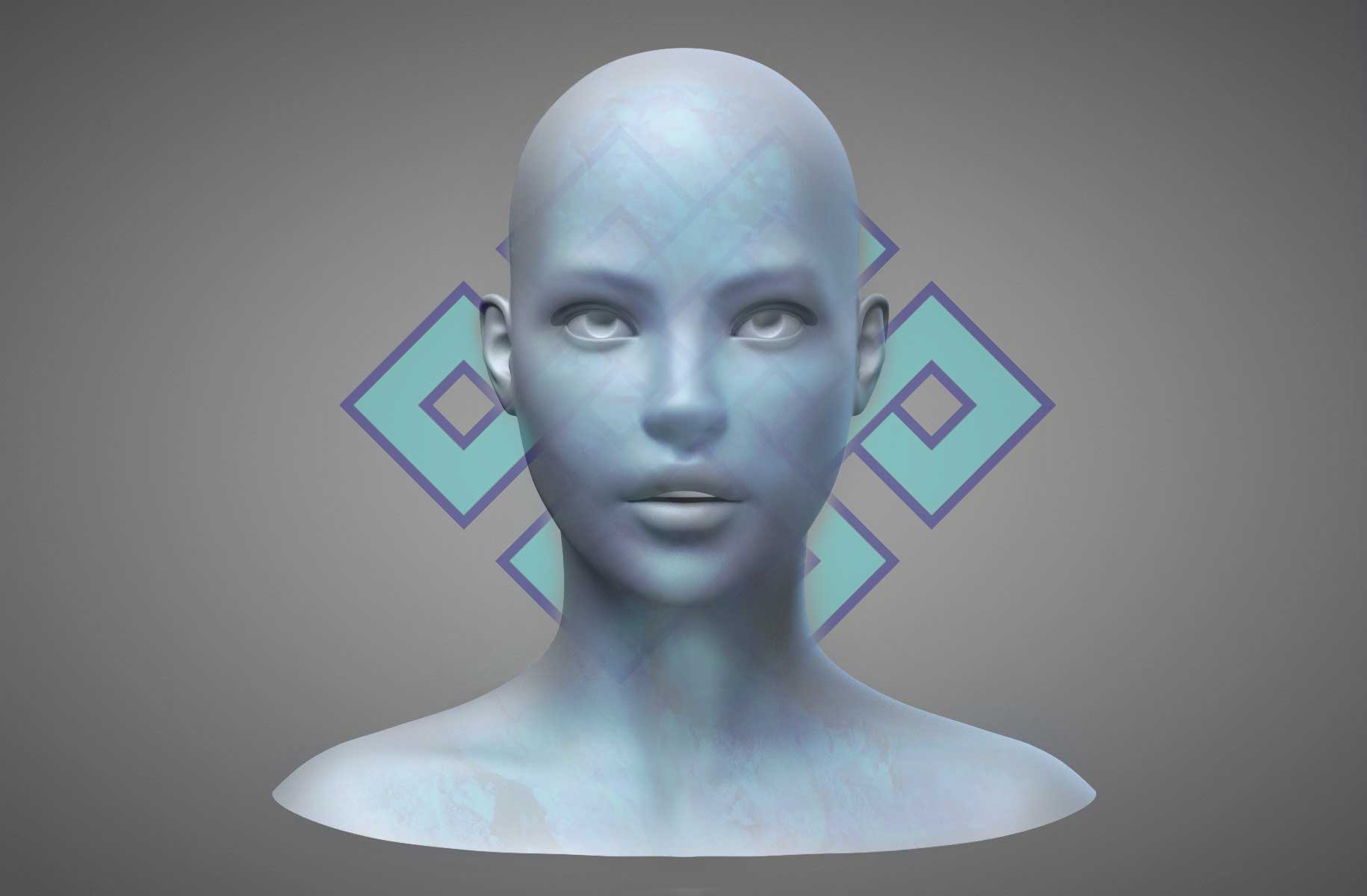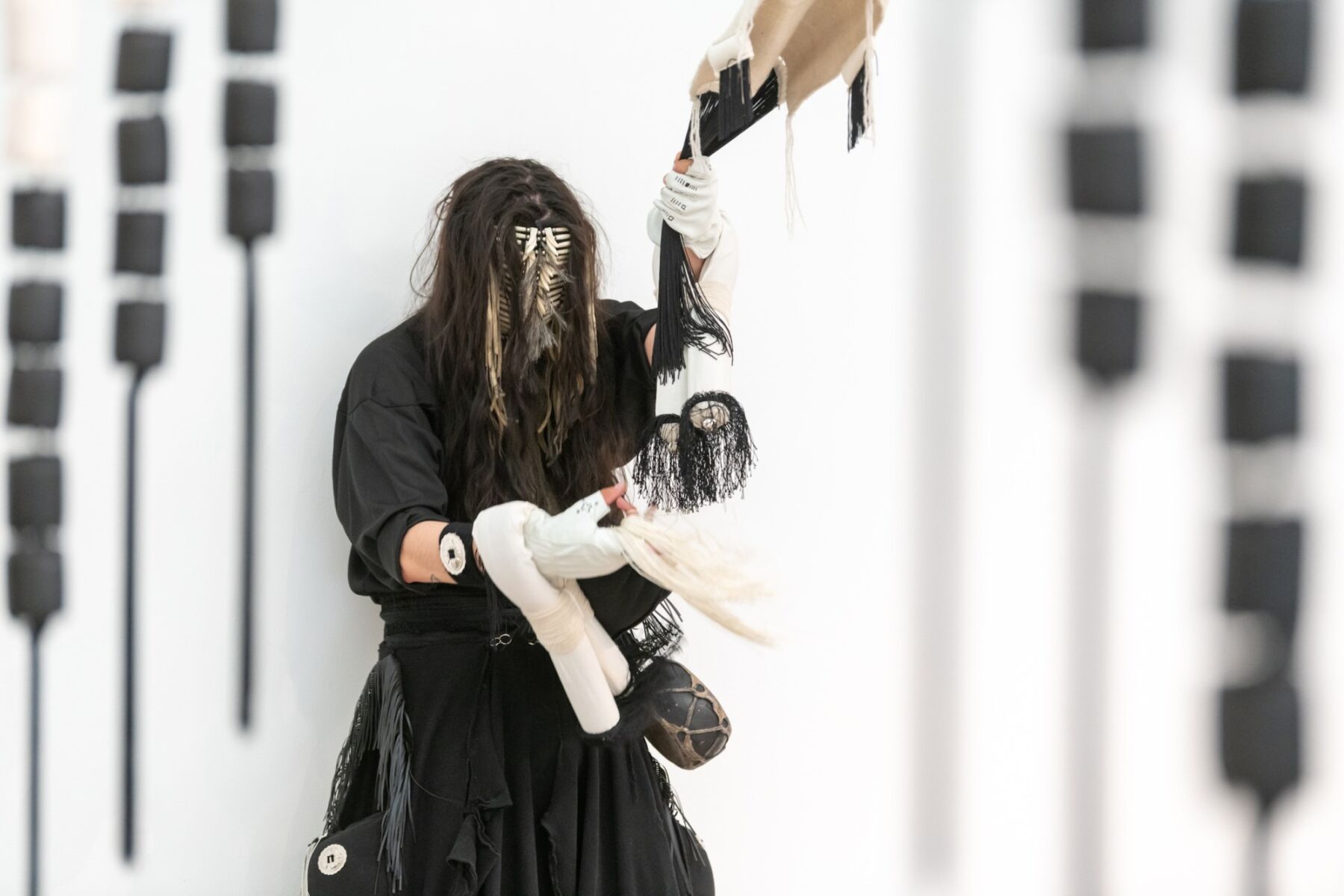Text by CLOT Magazine

SPACE’s Art + Technology announced earlier this month the artist’s names for their residency Focus: Next, which is starting in September.
SPACE is a leading visual arts organisation providing creative workspace, advocacy, support and promoting innovation. Established by artists in 1968, SPACE runs 20 artist studio buildings across 7 London boroughs and Colchester, providing affordable creative workspaces plus support programmes, such as exhibitions, artists’ residencies, bursaries and training opportunities, to enable artists to be sustainable. SPACE also delivers Learning projects for schools, young people and communities neighbouring SPACE studio sites to promote engagement with creativity and the arts.
At the same time, their programme PACE’s Art + Technology aims to provide a testing ground and critical exchange platform for artists and thinkers whose work engages with technology. Enabling audiences to experience and value process by placing it at the centre of practice, Art + Tech wants to break down the boundaries between creative processing and developing technologies.
In August, they announced their new residents’ who were selected based on their project’s response to the theme of artificial intelligence, looking at how AI shapes what it means to be human in the digital age. The artists on this year’s programme will explore topics from ethical digital representation to life and death within the technological realm and what it means to replicate the human voice in an age of deep fake possibilities.
The artists selected are Clarice Hilton, Shinji Toya & Murad Khan, Chris Wood, Stine Deja, Sarah Derat & Rachel McRae and Hannah Silva. All have been invited to create a workshop as part of the residency and showcase the outcome of their research in April 2019. And tomorrow Clarice Hilton kicks off the first workshop, titled Self Plasticity it will explore the malleability of our visual and physical self, reflecting on what the self is and the limits of this concept.
Clarice Hilton is an artist and programmer interested in exploring our interactions in the virtual world and has previously worked on immersive VR experiences with BBC and Anagram and created experiments at UCL. Her practice uses playful alternate realities to explore deep questions about human nature, the self, and relationships.
The workshop intends to explore the experience of being embodied in different visual and digital representations with varying physical interactivity, the limits of “bodily” ownership and the experience of having an exceptional and uncanny physicality. For it, the participants will experience examples of embodiment in VR in the VIVE headset.
In games and other immersive experiences, we regularly take on the body of another – but what is this effect on our sense and notion of self and others? Can the experience of being embodied in abstract shapes and ecosystems take our minds outside of individualistic thinking? The discussion is aimed to deepen what it means to be embodied, how the illusions are created as well as theories on the dialogical self and embodied cognition.
Read more and get tickets here.






